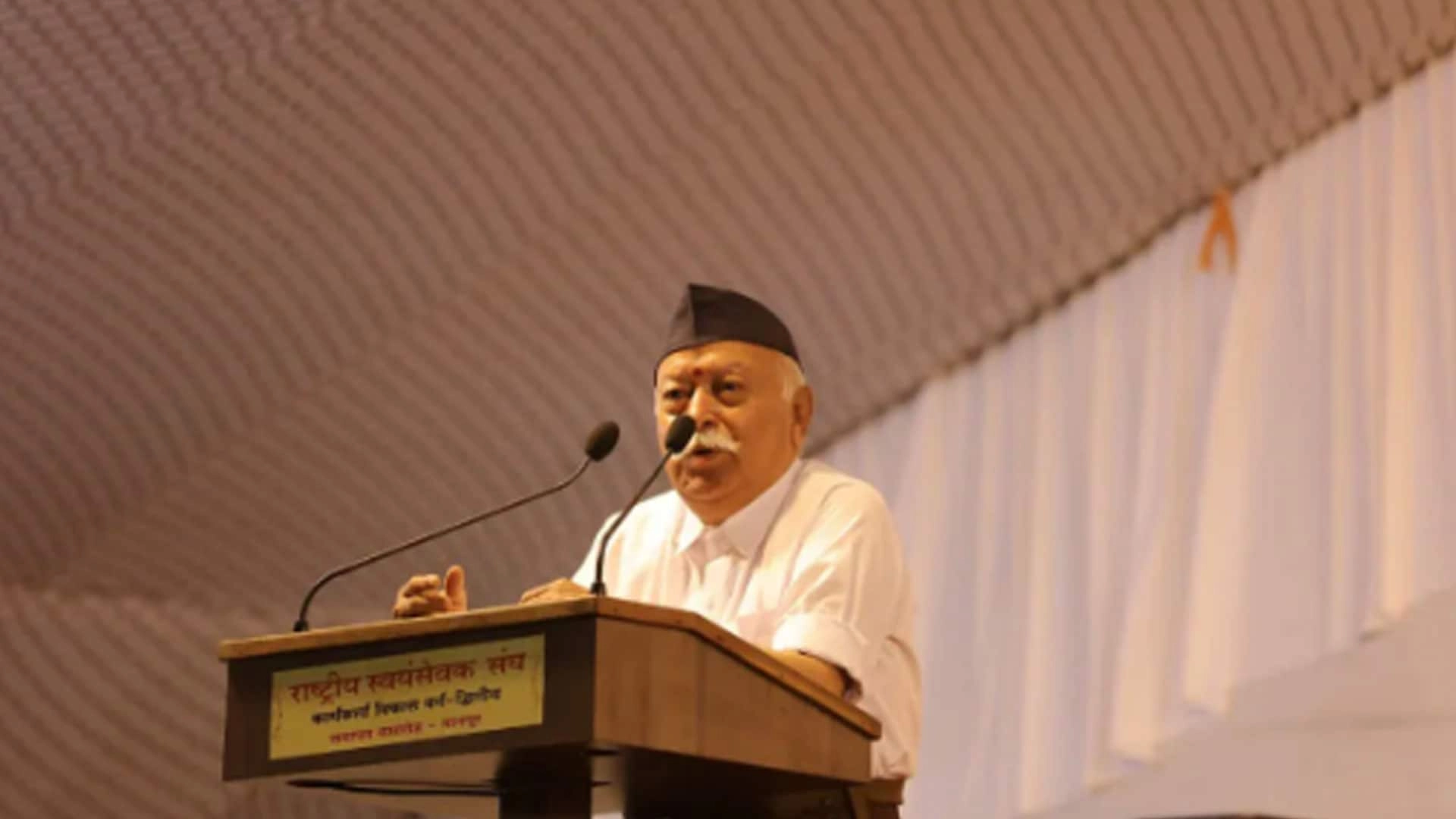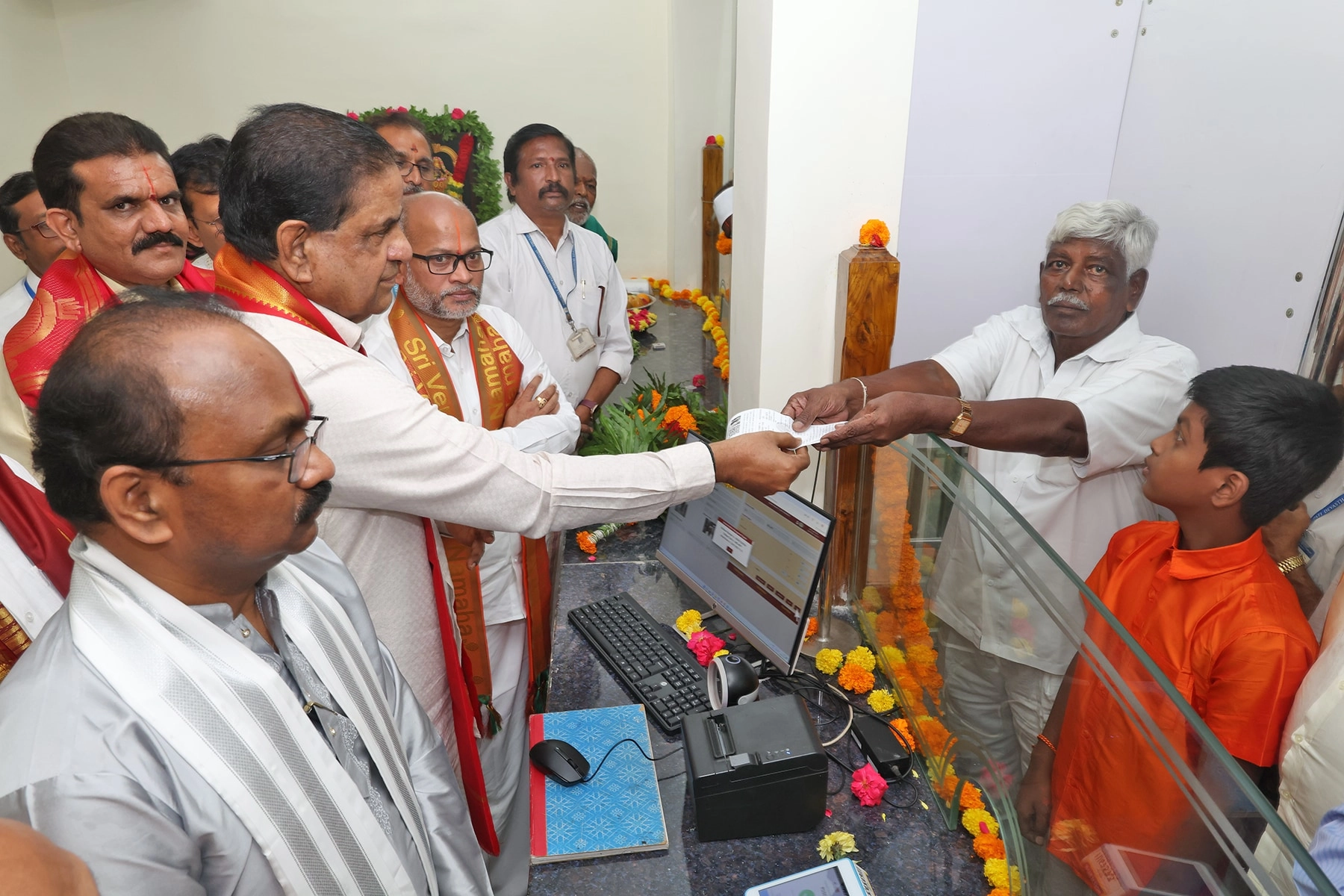The recent calls for “moderation” from the Rashtriya Swayamsevak Sangh (RSS) have sparked a myriad of interpretations and discussions across various platforms. At its core, the RSS, as a prominent Hindu nationalist organization in India, is advocating for a balanced approach in its political and social engagements. However, this call for moderation raises significant questions about the underlying motives and implications of such a stance. While on the surface it may appear as a plea for unity and restraint, deeper analysis suggests that it is a strategic maneuver aimed at consolidating power and shaping the narrative in favor of the organization’s broader agenda.
The concept of moderation, as proposed by the RSS, can be seen as a reflection of the organization’s desire to soften its image amidst growing criticism and social division. By advocating for a more tempered approach, the RSS may be attempting to appeal to a wider audience, including those who are disillusioned by extreme rhetoric and actions associated with its ideology. This shift could be interpreted as an acknowledgment of the need for a more inclusive dialogue in a diverse society. However, it also raises concerns about the authenticity of such a stance, as it might be perceived as a tactical retreat rather than a genuine commitment to pluralism and democratic values.
Moreover, the call for moderation could signal an attempt to regain control over the narrative surrounding Hindu nationalism. In recent years, the RSS and its affiliates have faced backlash for fostering an environment of intolerance and communal discord. By promoting moderation, they may be seeking to counteract negative perceptions and position themselves as responsible leaders capable of fostering social harmony. However, the challenge lies in reconciling this image with the actions and policies that have historically stemmed from their ideology, which often prioritize Hindu identity over secularism and inclusivity.
Ultimately, the RSS’s calls for moderation reflect a complex interplay of strategy, identity, and power dynamics within Indian society. While the rhetoric of moderation may resonate with some segments of the population, it is essential to critically assess the implications of such a stance. Genuine moderation should not merely serve as a façade for advancing an exclusionary agenda; instead, it must be rooted in a commitment to fostering true dialogue, understanding, and respect among India’s diverse communities. As the political landscape continues to evolve, the RSS’s approach will undoubtedly be scrutinized, and its ability to navigate these challenges will be crucial in shaping the future of India’s social fabric.




